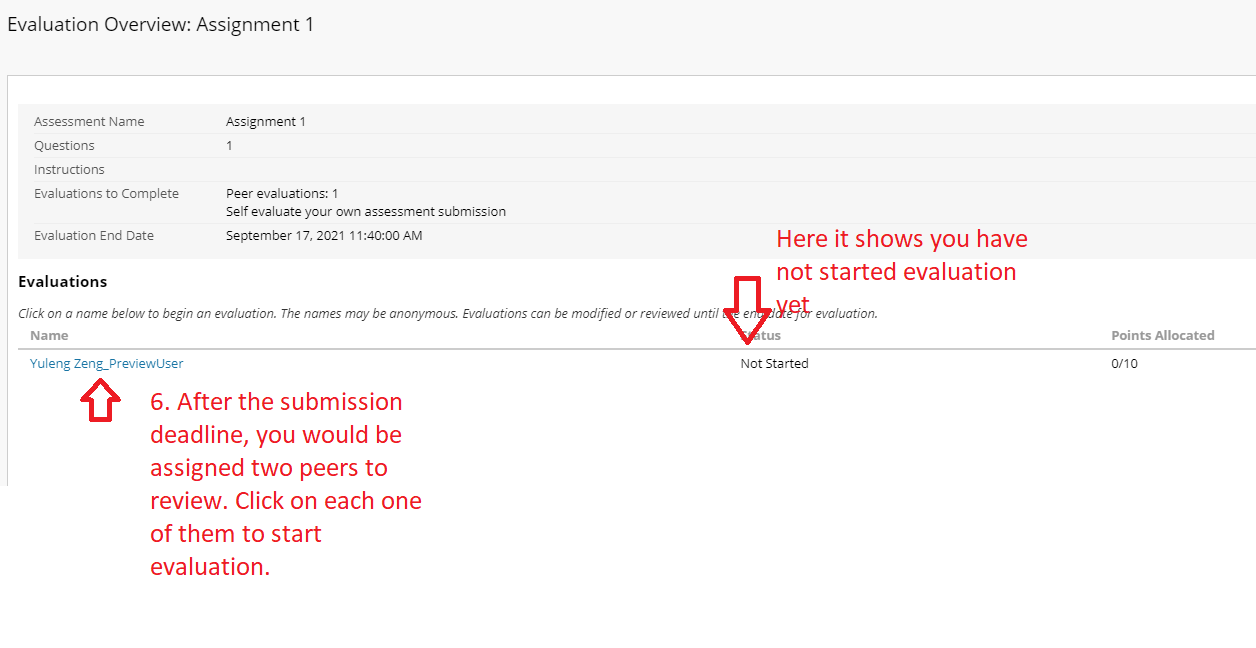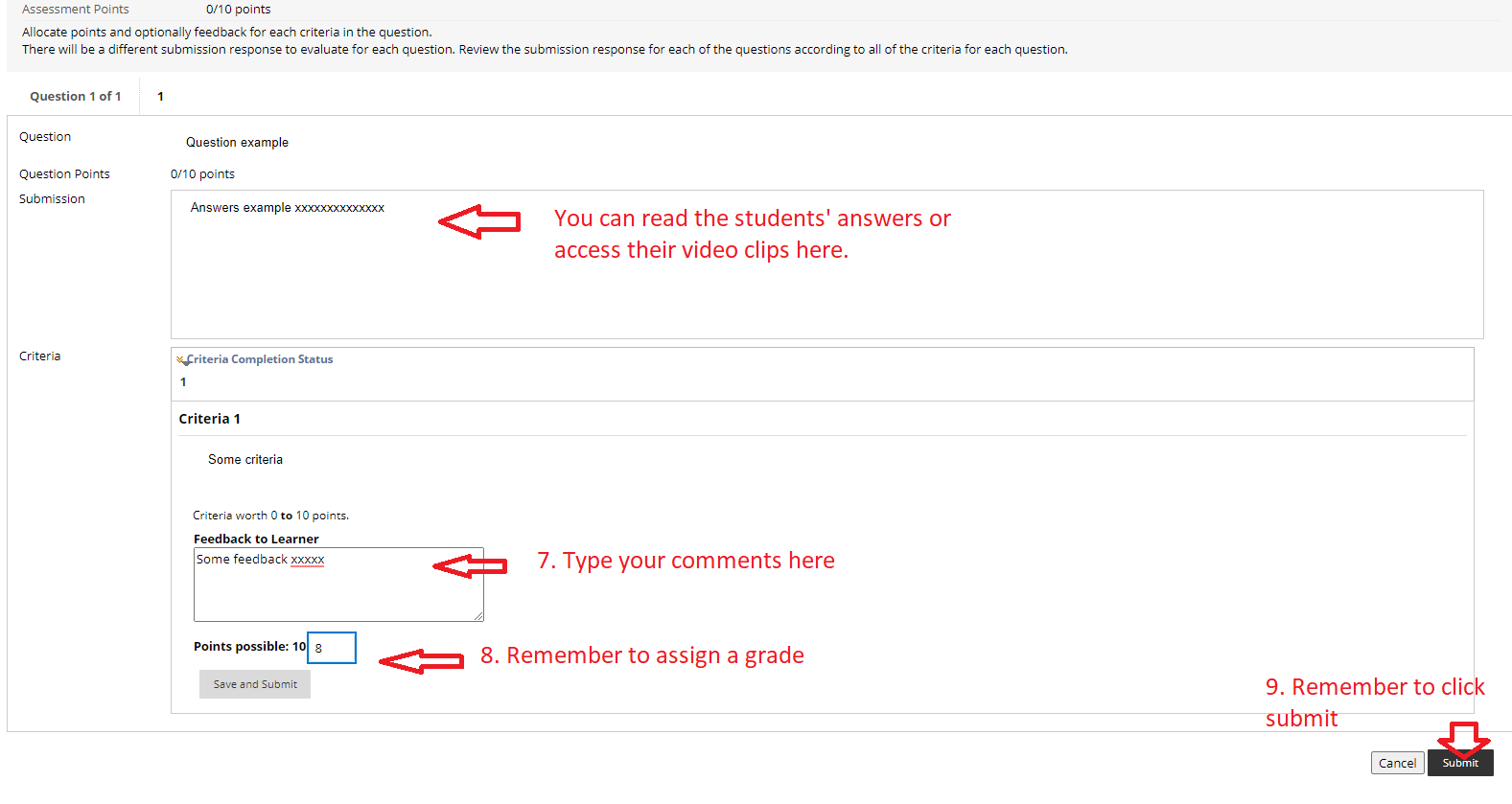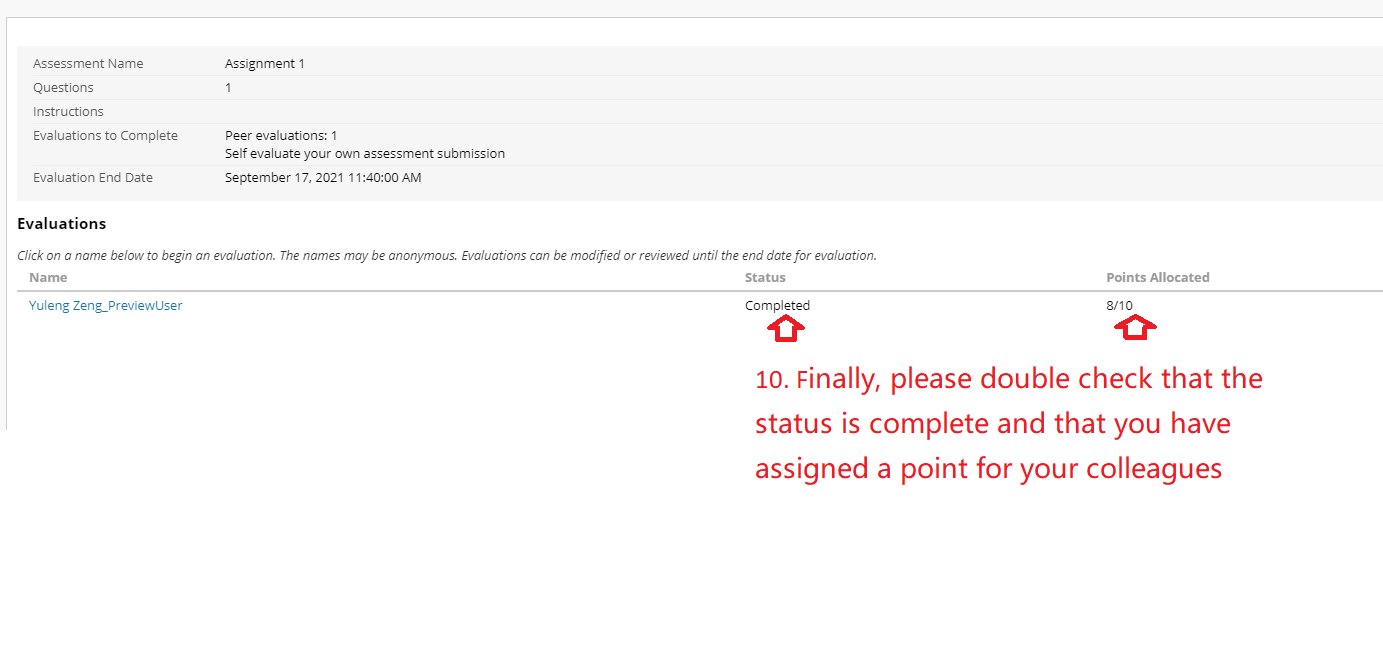Chapter 1 Introduction (Week 1)
1.1 Discussion questions
Why do you take this class? Any stories or research questions that are of particular interest to you?
Any questions/comments about the syllabus?
1.2 What this course will and will not cover
We will focus on understanding contemporary Chinese foreign policy. There are tons of topic to cover and we will only be able to cover only a small fraction of them. This is limited by the time we have and also by my research focus. That said, if there are topics that you would like me to cover in this class, please do feel free to propose them by sending me an email. If you come across readings, videos, or any other resources that you think would be useful to current (or future) students of this class, please do recommend them to me.
The primary focus of this class is to facilitate students to carry out and write up a research project. You are evaluated by your research projects and the thoughts and efforts you put into them. All materials covered in class will be made available on this website. So you do not have to take any notes in class. Instead, you should make sure that you’ve read and thought over the assigned readings and can actively engage in discussions. You should feel free to use the required and recommended readings to build up your research projects. Of course, you can and most likely need to draw on other resources too.
One thing we will not be able to cover is the history of Chinese foreign policy. For students who are interested in this topic, John Garver’s China’s Quest: The History of the Foreign Relations of the People’s Republic of China offers a comprehensive survey. We are going to read one chapter of it next week, which hopefully can give you a flavor of the book. If you can read Chinese, I would highly recommend 牛军 (Niu Jun)’s 2019 book 冷战时代的中国战略决策(China’s Strategic Decision in the Cold War Era), which uses the latest declassified archives and covers several fascinating stories of Chinese strategic decision making during the Cold War era.
1.3 Assignments
The main purpose of this class is to facilitate you in writing up an essay. Note that essay 2 is an revision and expansion of essay 1. Essentially, there are two sets of assignments:
- You will write an essay, present it, and write a critique on another student’s essay. These will be your essay 1, speech 1, and critique essay.
- You will incorporate the critiques you get from the instructor and fellow students to revise your essay 1. Expand it by adding empirical evidence and support your theory/policy recommendations. You will also present it toward the end of the semester. These will be your essay 2 and speech 2.
Yes, these are a lot of work and you should be prepared to spend a good amount of time in reading and writing. If you are not ready, do not have enough time to devote (and contribute) to this class at the moment, or simply would prefer to just learn more about Chinese foreign policy without the workload, you can always visit this website (which should be fully complied toward the end of the semester) to study at your own pace.
Given the number of students enrolled, we will hold the presentations in asynchronous manner by having students submit their recorded presentations to Blackboard. Note that you will be required to watch and evaluate two fellow students’ speeches. This will be conducted via peer review assignments (more on this below).
In terms of your essay, you are free to apply either qualitative or quantitative methods (or both). Some students are taking methods training at the same time. You can use this opportunity to practice the methods you’ve learned.
If, however, you are not taking any methods class now, you can still write up an essay by clearly explaining what your theory is, why it is important, and what the empirical evidence is. For the empirics, you can use case studies to test/support your theory. Please pay special attention in justifying why the cases you draw on are crucial in (dis)confirming the theory. If you have not heard about least likely and most likely crucial cases, please take a look of this paper by Gerring: Is There a (Viable) Crucial-Case Method?.
Finally, I would also recommend that you cite the readings (either required or recommended) in this class. You do not have to do so, particularly if none of the readings overlap with your topic of interests. But it could be a good way to reduce your workload. You can also draw from the resources that I listed in this website.
1.3.1 Structure of the essays
I prefer not to lay down too many hard rules about the structure of your essays (and relatedly, I prefer not to offer any sample essays from your fellow students). You should feel free to construct your essay in a way that can best help your argument. That being said, I also understand for some students these could be your first written essay. Let me emphasis that the research articles discussed throughout the semester are all samples of good research. You should feel free to mimic their structures. I am also providing some rough guidance below.
The end goal of this class is essay 2. It should have
- An introduction section, explaining your research question and making the case concerning why it is worth investigating.
- The next section should explain your theory/policy in detail, aiming at convincing the readers that your arguments are sound and cogent.
- You would then follow this with a section that provide and analysis the evidence.
- In these two main sections, you should remember to consider and address alternative arguments and opposing views.The instructor and your colleagues will try to help. But you should also carefully think through potential counter-arguments to strengthen your paper.
- A conclusion section that summarize your argument. You can also discuss the policy implications or potential limitations of your research in this section.
Now, essay 1 should aim to setting up the first 2-3 sections of this final essay. So your focus should be placed on explaining your research question clearly and telling us why it is important to study the question. You should also provide some initial/tentative arguments or conjectures (and offer some evidence if you have them). This way, your colleagues and I can better help by offering some counter-arguments.
In this regard, the critique essay should have at least two parts.
- An introduction that explain the reviewed essay’s argument. This way, the respective colleague can have a better idea in terms of whether they have explained their theory/policy clearly.
- A section that offers counter-arguments. If there are any logical gaps, please do point them out. If you need additional information to be convinced, please tell your colleague. If you know stories or information that contradict the author’s interpretations, please do provide them (and with the sources of your information). Again, these assignments are designed to help you and each other write up a good essay. Therefore, try to be respective and constructive in your critique essay. Put good work into your essay 1 so that others can help in a more cost-efficient manner.
1.4 Optional presentations
At the beginning of each class, students will have the opportunity to give a 5 minutes presentation on a topic of their interests or talk about latest news relevant to Chinese politics. This is arguably the best way for us to engage with each other and to increase your participation bonus points as well.
At the beginning of each week (say, by the end of Monday), students can propose their topic. This presentation does not have to overlap with the essay you are writing. It also does not have to be the latest events. You could, for instance, talk about a historical case or broad strategic questions concerning a certain project/region. Here are some suggestions.
- Belt and Road Initiative
- China’s naval base in Djibouti
- Vaccine diplomacy
- THAAD
- South China Sea dispute
- China and North Korea
- Taiwan
- China’s expansion of Nuclear Missile Silos
You do not have to select from the above cases. But I would recommend that you use this opportunity to impart something new and intriguing to the class.
1.5 Appointment
I am happy to discuss with you about your research questions/interests either individually or in small groups. The format will be online meetings via Webex. Given the number of students we have in this class, please send me an email in advance for appointments. In the email, please specify
- Your questions or purposes for the meeting.
- Two or three time slots that work the best for you.
- Whether you are willing to meet in a small group with students that share similar questions.
If you would like to arrange in-person meetings, please make sure in advance that you meet the university’s requirements (vaccination or recent negative tests).
1.6 Resources
Here are some think tanks and research institutes you can check concerning China’s foreign policy.
You can also regularly check these websites for broader topics concerning foreign policy and international relations.
And here are some news reporting from China’s side.
Finally, you can check this post: Where Brookings experts read about China
1.7 Course schedule
We will follow the schedule specified in the syllabus. The class session on December the 9th is canceled due to conflict of schedule (I have to attend a conference abroad). Given the COVID situation and possible quarantine, I may not be able to offer in-person instruction in the following week. So the session on December the 16th will most likely be arranged in an online/asynchronous manner via Blackboard.
1.8 How to search and download research articles
Here are the steps to search and download articles via the library’s portal. First, you need the library’s UBsearch: https://ubsearch.sbg.ac.at/. And then type in the journal you are looking for. In this example, it is Foreign Affairs.
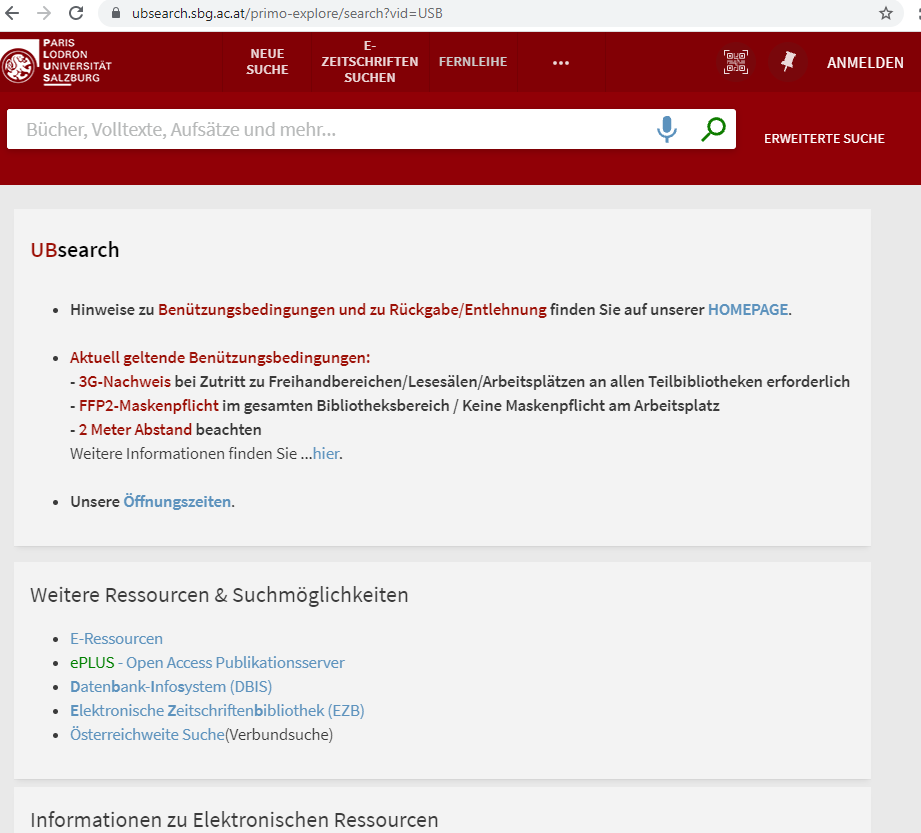
In the search results, you need to look for e-journal.
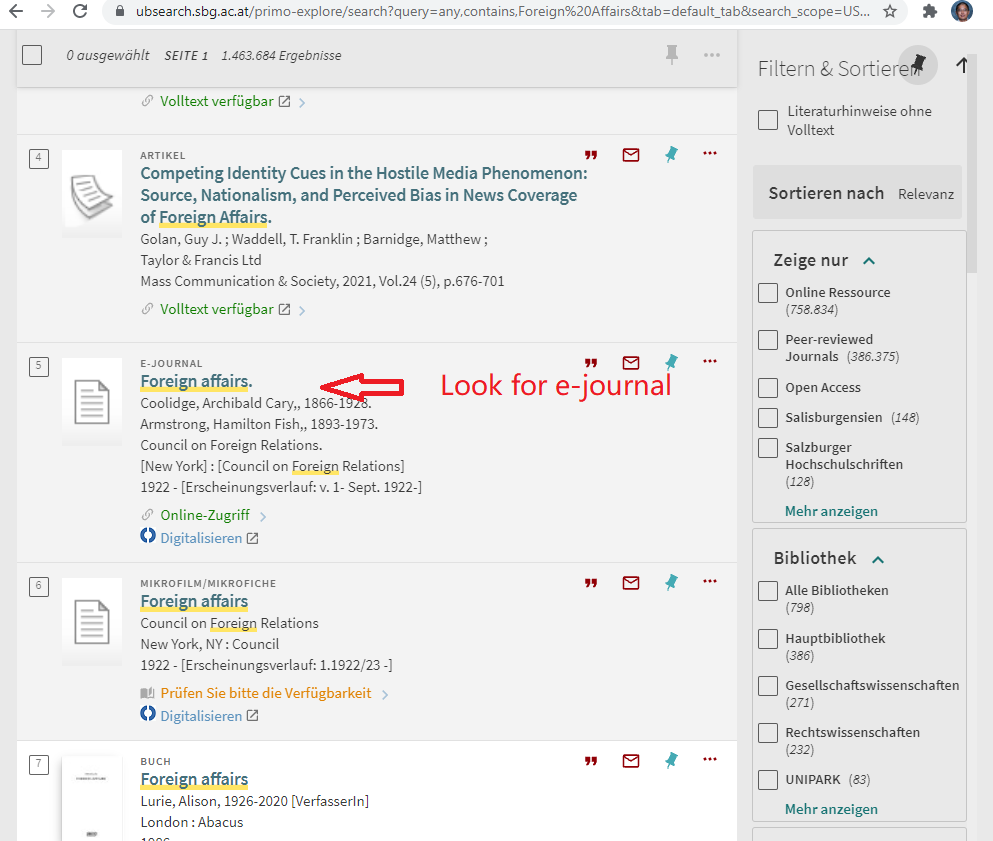
In this step, you might be prompted to log into your Salzburg account. Remember to select a database that covers the year you are looking for.
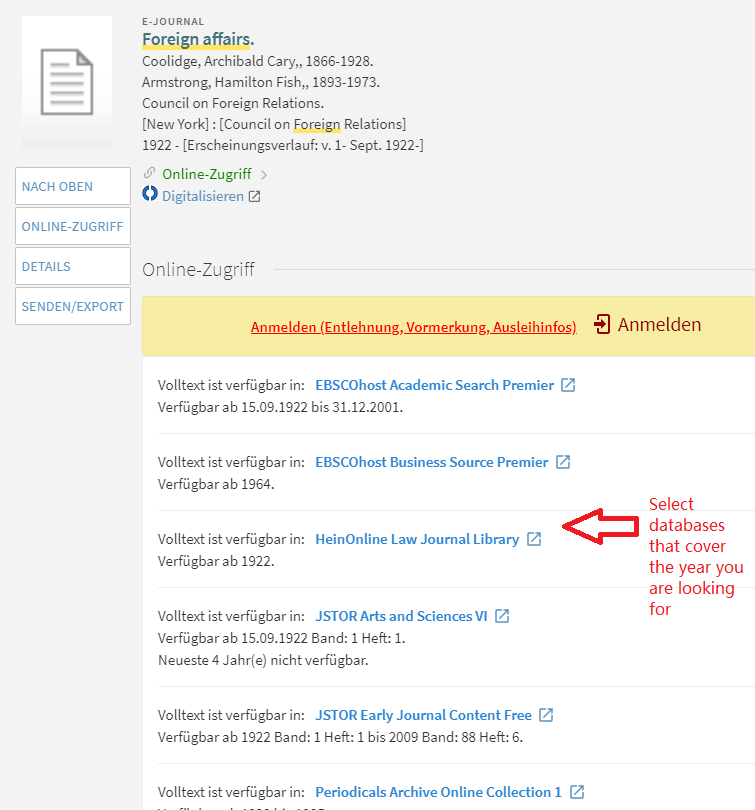
You can now search the article by name and then download the pdf.
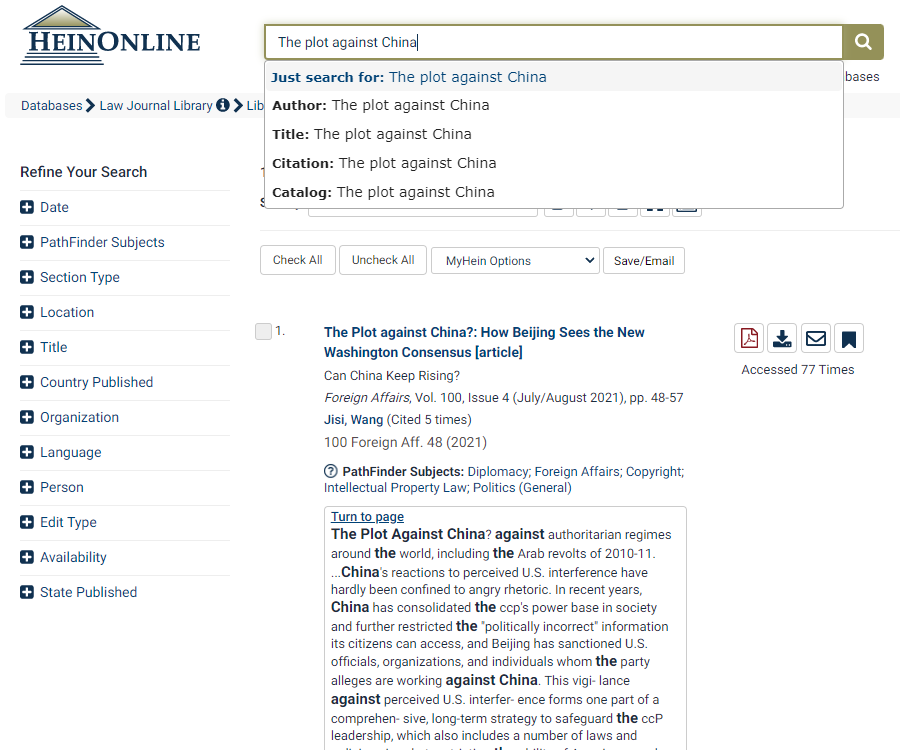
1.9 How to submit your work on Blackboard
Here are the steps to submit and evaluate peer review assignments (essay 1, speech 1, and speech 2). We are going to walk through the steps via a toy example after class. If you encounter any difficulties, please do make sure that you bring them up next week.

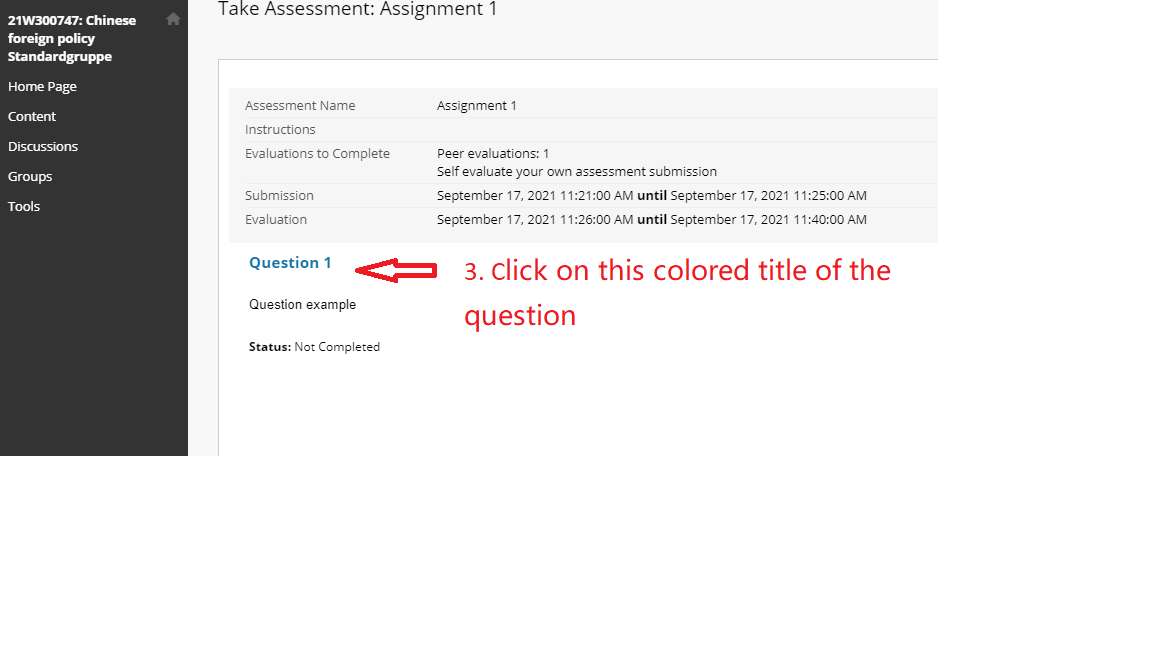

After the submission deadline has passed, you will be assigned to evaluate two peers’ answers. Please finish the evaluation before the deadline. For the speeches, the deadlines are within one week. For essay 1, you have three weeks to write up your critique.
